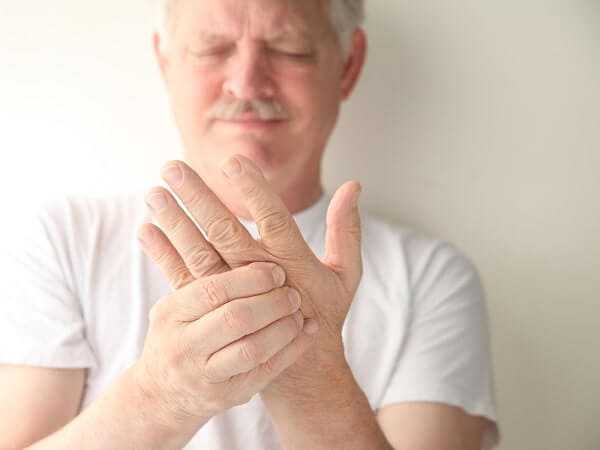
If tingling in the feet doesn’t go away, it’s best to consult a doctor for further evaluation.Ĭlick here to read the complete article from Women’s Health. Other serious conditions that could lead to tingling feet include multiple sclerosis, hypothyroidism (underactive thyroid), tarsal tunnel syndrome (like carpal tunnel syndrome but with feet), kidney failure, rheumatoid arthritis, lupus, alcoholic neuropathy (nerve damage from drinking) and Charcot-Marie-Tooth disease (rare disorders that damage peripheral nerves). That virus can remain dormant in the human body and later reactivate as shingles. People generally notice these sensations in their: hands feet arms legs The medical term for. The numbness may be mild or so severe that it interferes with your ability to use the affected body part. It may be the first MS symptom you experienced. Numbness of the face, body or extremities (arms and legs) is one of the most common symptoms of MS. A few weeks ago and last night I experienced something totally weird, my whole body felt tingly, pins and needles all over them all of a sudden my lips felt strange side of my face was tingling I went into complete panic thought I was having a stroke, then I thought I was having an epileptic fit which just lead from one thing. Shingles, which can be prevented with the highly effective shingles vaccine, develops in people who have recovered from the chickenpox virus. Numbness and tingling are unusual prickling sensations that can happen in any part of your body. You may feel the sensation of your limb being asleep with a pins and needles sensation. But if diabetes is not treated or controlled, Danan said permanent nerve damage could develop.Īnother condition that can lead to tingling feet, shingles, is caused by a virus that attacks the nerves, Danan told Women's Health. This chronic disease results in high blood sugar levels, which can damage nerve fibers and their ability to send electrical signals, leading to tingling in the feet.Įarly detection and management of diabetes could prevent the disease from progressing and resulting in tingling feet.

The sensation can be caused by sitting on a foot for too long, and the feeling isn't the same for everyone. "I get some patients who describe it as pins and needles, while others say it feels like a buzzing or burning sensation," Danan told Women's Health.ĭiabetes can cause a tingling sensation that remains constant. Tingling feet don’t always signal a medical condition, Danan said. Long-term supplementation of vitamin B6 can also be the cause. Because the mind and body are so closely connected, when the mind experiences more expansion in meditation, the body gains a deep enough state of rest to normalize any imbalances that may be stored in the body. An older 2012 study showed that beta-alanine makes your nerves more sensitive, resulting in itching and tingling sensations. Danan, MD, a neurologist and pain management specialist at the Cedars-Sinai Kerlan-Jobe Institute, about tingling feet, sometimes a symptom of serious health conditions, including diabetes and shingles. Deepak: One can have almost any type of physical sensation during meditation in any area of the body. Menopause and perimenopause are not the only reasons you may experience hot and cold flashes.Women's Health recently interviewed Ilan J. Sometimes, chills and shivering may occur as a hot flash fades, causing you to feel hot and cold. Hands, arms, legs and feet are the parts of the body. The hypothalamus is the part of the brain that regulates body temperature.Ī dysfunction of the hypothalamus can cause your body to temporarily become over heated (hot flash) or chilled (cold flash). prickling and tingling sensation numbness return of normal feeling a few minutes after changing position. See if the symptoms you have been experiencing could be. That’s because the fluctuating hormones during menopause and perimenopause can cause a dysfunction in the hypothalamus. CIDP symptoms include weakness, fatigue, tingling, numbness, and more. Up to 85 percent of women in menopause report having hot flashes, which are sudden and brief periods of intense heat rising in your face and chest, but cold flashes may also occur. For most women in the United States, this happens, on average, between the ages of 51 and 52.

It is usually a sign of a problem with nerves in the body, although it is a common symptom of many different medical conditions. Menopause marks the end of menstruation and your ability to become pregnant. Numbness is a loss of feeling or sensation in an area of the body.


 0 kommentar(er)
0 kommentar(er)
